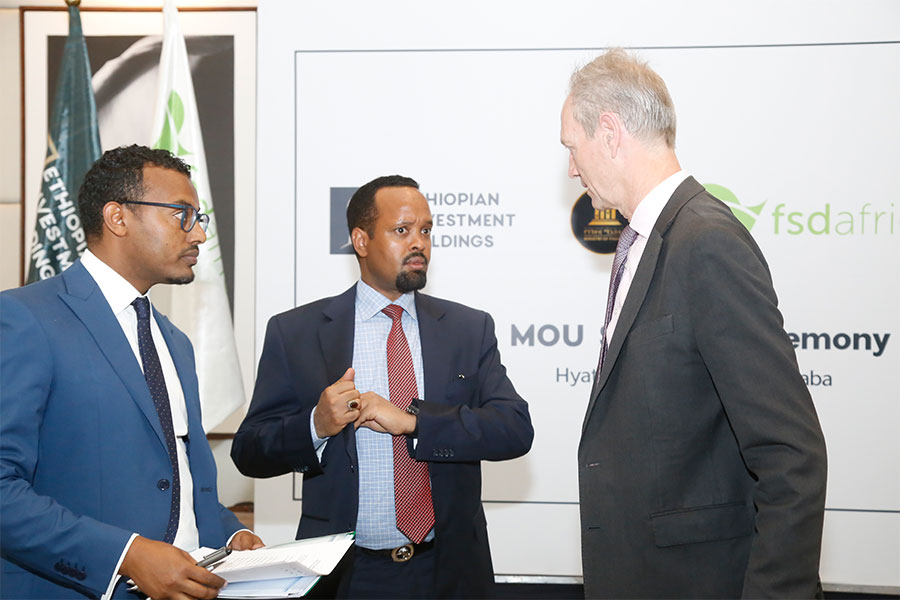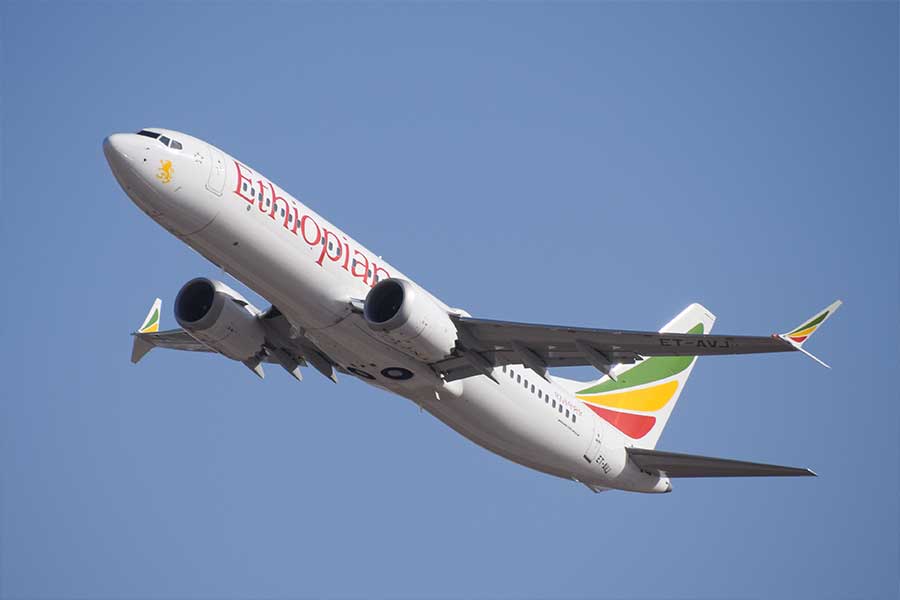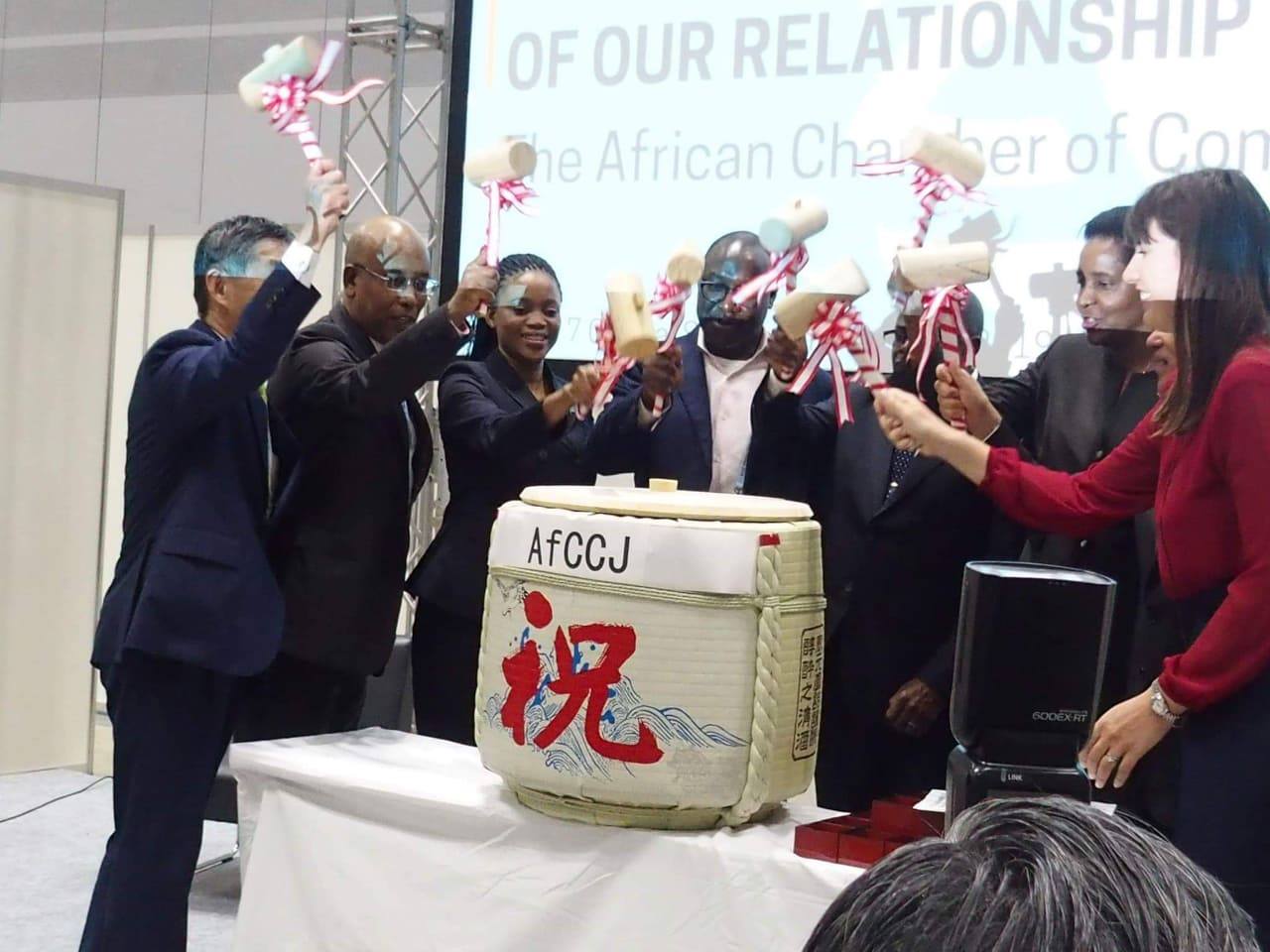
Fortune News | May 21,2022
Jul 13 , 2024
By Hintsa Andebrhan
Leadership, whether innate or cultivated, is a subject of perennial debate. For Kenya’s President William Ruto (PhD), his ascent to power is undeniably attributed to his relentless pursuit and experiential learning. Emerging from humble beginnings in Kenya's Rift Valley, Ruto’s story defies odds and surmounts challenges, leading him from roadside chicken and groundnut seller to the head of state. He paid dearly for his political ascent to become Kenya’s fifth president since independence in 1963.
How did a roadside chicken seller reach the State House in Kenya?
Though Ruto's methods and motives remain debatable, his presidency is a hard-earned success, not luck. His journey is a blend of ambition, sacrifice, and relentless pursuit. Many admire his dedication to Kenya and his influence in the African political sphere. In the initial months of his presidency, Ruto was lauded across Africa.
Last year, he fiercely defended Africa's interests at the Paris Summit for a new global financial pact. He urged the West to implement better policies that are helpful to the continent. He called for a new financial body, distinct from the International Monetary Fund (IMF) and the World Bank, better suited to Africa’s needs. His advocacy for African policy autonomy was evident as he criticised African leaders for attending summits in the West to discuss Africa’s political and economic future. Instead, he championed the creation of an African economic network, independent of the US Dollar's influence.
Ruto’s pan-African rhetoric resonated deeply, overshadowing the political noise from his rival, Raila Odinga. Many Kenyans and Africans applauded his boldness. Yet, this initial admiration waned as Ruto's policies began to mirror those he once criticised. His government’s entanglement with IMF fiscal policies soon led to domestic unrest. Scepticisms abound.
Three weeks ago, Kenyans flooded the streets, protesting a tax bill his administration justified as an avoidable sacrifice to service external loans. The protest rallies, dismissed by his senior officials as a bourgeoisie indulgence, turned violent, resulting in at least 39 deaths and 361 injuries. The backlash forced President Ruto to call back the tax bill. The episode showed his willingness to confront his missteps as he addressed his people's grievances through various media, including a brutally candid interview with KTN and an open discussion on the social media platform X.
While his policies may have faltered, his readiness to course correct demonstrated political maturity, a trait many African countries could benefit from. Neighboring Ethiopia could be one of these.
During the same week when Kenya was experiencing political turmoil in opposition to an unpopular tax bill, Ethiopia's legislators unanimously passed the federal budget, comprising nearly a trillion Birr. Upon ratification of the budget bill, Prime Minister Abiy Ahmed (PhD) addressed Parliament, lauding Ethiopia’s economic growth, claiming a 7.2pc growth in GDP. He proudly proclaimed Ethiopia’s economic size in GDP, swallowing six East African neighbours' economies combined.
Yet, this optimistic narrative contrasts with the daily realities of Ethiopians, who are burdened by high living costs and unpredictable economic policies.
While well-intentioned - undoubtedly - the Prime Minister’s symbolic gestures, such as sharing meals with society's low-income, do not substitute for effective economic reforms. His recent advice to invest in comfortable beds for better sleep rather than luxury appliances misses the mark. The populace yearns for peace and stability, not mere palliatives.
The Prime Minister also discussed Addis Abeba's corridor development projects.
These projects claim wider space in brightly lit roads fitted with smart bulbs, reflecting the Prime Minister's vision of progress. However, despite illuminating modernity, the corridors lack the small businesses that sustain many families. Displacement concerns linger, questioning the project's welfare cost.
The contrasting trajectories of Ruto and Abiy demonstrate the complexities of leadership in East Africa. Ruto’s initial promise as a pan-Africanist faced a reality check as he wrestled with IMF policies, yet his responsiveness to public discontent proved a political evolution. Abiy’s grand projects and economic pronouncements could translate into discernible benefits for Ethiopians, addressing their legitimate concerns. He could learn from the Kenyan leader’s willingness to engage directly with the media and the public.
Opening interactive dialogues with domestic and international media could help address Ethiopia’s political and economic crises more candidly.
Hintsa Andebrhan (hintsa1974@gmail.com) worked as a researcher with the United Nations Population Fund and IPAS International Ethiopia. Interested in history and politics, his work was on social affairs.
PUBLISHED ON
Jul 13,2024 [ VOL
25 , NO
1263]


Fortune News | May 21,2022

Fortune News | Mar 30,2019

Commentaries | Oct 12,2019

Life Matters | Aug 23,2025

Radar | Oct 23,2021

Sunday with Eden | Oct 24,2020

Radar | Aug 05,2023

Featured | Sep 06,2020

Viewpoints | Feb 11,2023

Fortune News | Aug 30,2019

Photo Gallery | 178288 Views | May 06,2019

Photo Gallery | 168492 Views | Apr 26,2019

Photo Gallery | 159274 Views | Oct 06,2021

My Opinion | 137059 Views | Aug 14,2021
Commentaries | Oct 25,2025

Dec 22 , 2024 . By TIZITA SHEWAFERAW
Charged with transforming colossal state-owned enterprises into modern and competitiv...

Aug 18 , 2024 . By AKSAH ITALO
Although predictable Yonas Zerihun's job in the ride-hailing service is not immune to...

Jul 28 , 2024 . By TIZITA SHEWAFERAW
Unhabitual, perhaps too many, Samuel Gebreyohannes, 38, used to occasionally enjoy a couple of beers at breakfast. However, he recently swit...

Jul 13 , 2024 . By AKSAH ITALO
Investors who rely on tractors, trucks, and field vehicles for commuting, transporting commodities, and f...

Oct 25 , 2025
The regulatory machinery is on overdrive. In only two years, no fewer than 35 new pro...

Oct 18 , 2025
The political establishment, notably the ruling party and its top brass, has become p...

Oct 11 , 2025
Ladislas Farago, a roving Associated Press (AP) correspondent, arrived in Ethiopia in...

Oct 4 , 2025
Eyob Tekalegn (PhD) had been in the Governor's chair for only weeks when, on Septembe...

Oct 25 , 2025 . By YITBAREK GETACHEW
Officials of the Addis Abeba's Education Bureau have embarked on an ambitious experim...

Oct 26 , 2025 . By YITBAREK GETACHEW
The federal government is making a landmark shift in its investment incentive regime...

Oct 29 , 2025 . By NAHOM AYELE
The National Bank of Ethiopia (NBE) is preparing to issue a directive that will funda...

Oct 26 , 2025 . By SURAFEL MULUGETA
A community of booksellers shadowing the Ethiopian National Theatre has been jolted b...